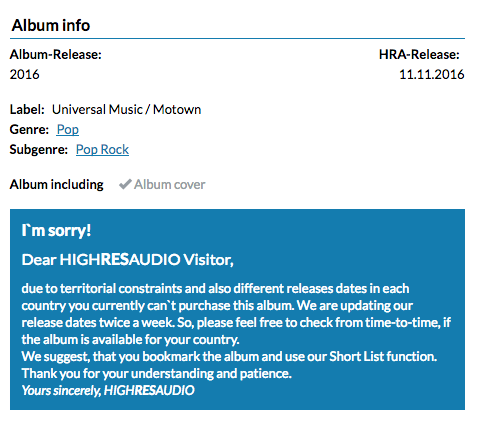The Brexit’s outcome, Donald Trump to become POTUS (President of the United States) and, before that rise of “populist” political wings, are all a consequence? (I hate to say it) of the Internet. Of course, the Internet is not the only factor, but facts show that it contributed largely to a shift of the people’s role in the political arena.
Before the Internet, haters, poorly educated and fanatics lived their life in
(a relative) isolation. They were just individual drops? or – at the very worst – a number of little, unconnected rivulets. Thank to the Internet, they all of a sudden discovered that they weren’t alone in their way to look at life and found a way to turn the rivulets into an enormous tide.
So, what present reality teaches us, is that the Internet empowered the most gullible and “weak” part of the society with an actual capability to create social, political and economic damages.
I do not intend to offend (and I’m not talking about) those who voted to leave the EU or supported the current POTUS and so on,? that did it on a rational, informed basis. That’s the core of the democracy: a dissenting opinion is not – per se – wrong. What scares me, as the late events have demonstrated, is that our destiny can be shaped by a large, irrational, anonymous digital crowd.
It would be easy, at this point, to start thinking that Russia and China aren’t that wrong
when they prevent the people from accessing the Internet. And that a serious tool should be handled with the proper care and training by untroubled people.
But, apart the unacceptable racist basis of the statement – this? would means that only a few should have had access to this resource and then that nobody would have thrown the necessary money to develop the network. So, to close the circle, we now enjoy the Internet as it is, because less culturally-structured people made it possible.
Having a tool that makes people dumber, a modern version of Nero’s panem et circenses, is great for the powers-that-be. Do spend your time in streaming, social-networking, and texting and let us do our job: we know what’s good for you.
And the paradox lies in that: to have power you need to make people weak in thinking. But such kind of people do irrational things, hence Brexit, Trump and so on, so the power you’re eagerly looking for, is lost.
Funny, isn’t it?


